Pilea Depressa, Baby Tears Plant (Soleirolia Soleirolii)
Original price was: ₹250.00.₹149.00Current price is: ₹149.00.
5 in stock
Plant size: Well rooted plant | 2.5″ pot included
The Pilea Depressa, also known as the Baby Tears plant, is a charming and easy-to-care-for houseplant. Here’s a breakdown of its care requirements:
Light:
- Bright, indirect light: This is key for healthy growth. Place your Pilea Depressa near a window that receives plenty of light, but avoid direct sunlight, especially during the hottest part of the day, as it can scorch the delicate leaves.
- Some direct morning or late afternoon sun is generally tolerated as it’s less intense.
- Rotate the plant regularly to ensure even growth on all sides, as it tends to grow towards the light.
Soil:
- Well-draining potting mix: This is crucial to prevent root rot. A mix of regular potting soil with perlite or sand works well.
- Avoid heavy, waterlogged soil.
Water:
- Keep the soil consistently moist but not soggy. Water when the top inch of soil feels dry to the touch.
- Ensure proper drainage by using a pot with drainage holes and emptying any excess water that accumulates in the saucer.
- Reduce watering in the winter when the plant’s growth slows down.
Humidity:
- High humidity is preferred. This plant thrives in humid environments.
- Increase humidity by:
- Placing the pot on a tray filled with pebbles and water (make sure the pot isn’t sitting directly in the water).
- Using a room humidifier.
- Misting the plant regularly with non-calcareous water at room temperature.
Temperature:
- Maintain indoor temperatures between 60-75°F (15-24°C).
- Protect the plant from cold drafts and sudden temperature changes.
Fertilization:
- Feed with a balanced liquid fertilizer diluted to half strength once a month during the growing season (spring and summer).
- Do not fertilize in the winter.
Pruning:
- Trim back any leggy or overgrown stems to encourage a fuller, bushier plant.
- Pruning can be done throughout the year as needed.
Other important tips:
- Repotting: Repot your Pilea Depressa every spring to provide fresh soil and more space for its roots to grow.
- Pests: Keep an eye out for pests like spider mites and aphids. Treat promptly if detected.
- Non-toxic: Pilea Depressa is non-toxic to pets and humans, making it a safe choice for households with animals and children.
With proper care, your Pilea Depressa will thrive and add a touch of lush greenery to your indoor space.
Only logged in customers who have purchased this product may leave a review.

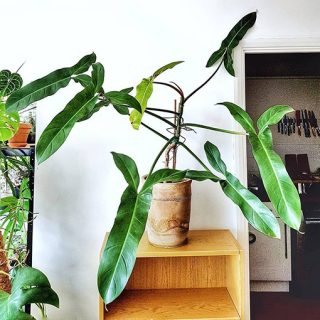
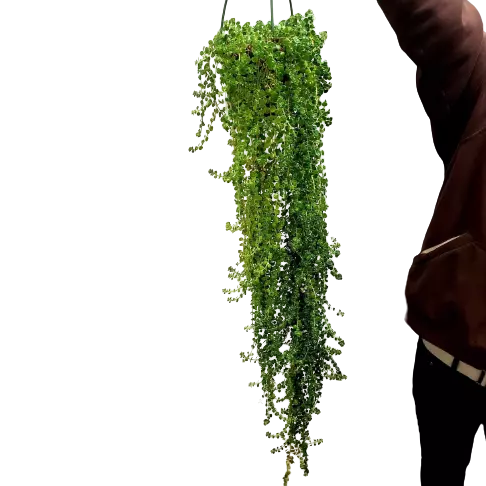
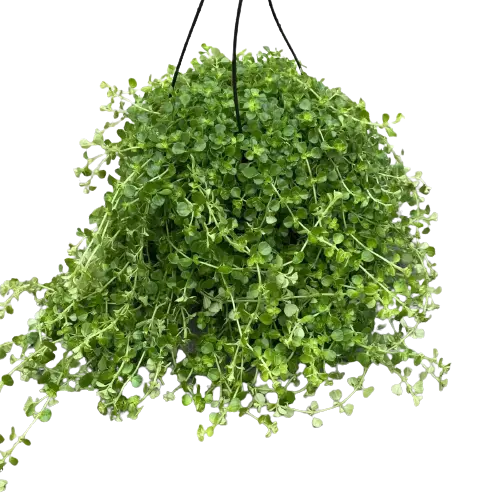
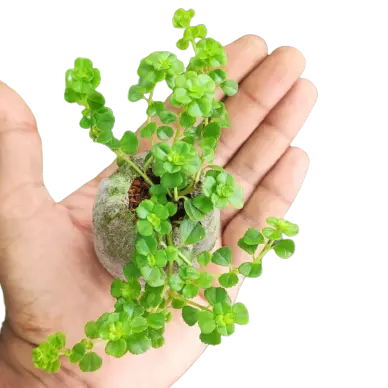
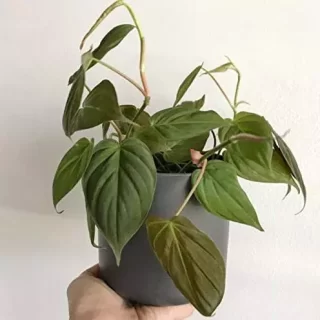
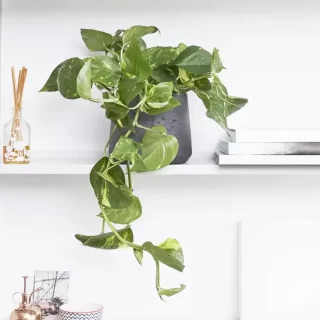
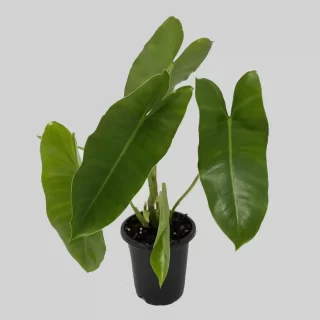
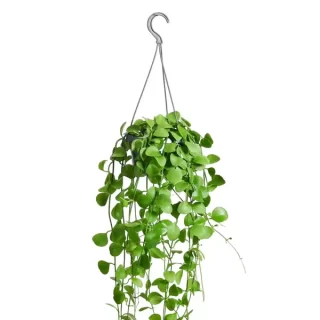
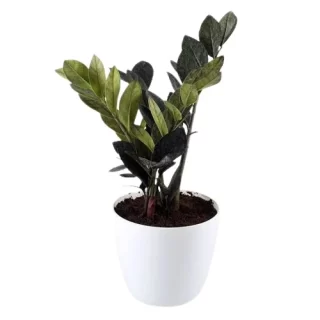
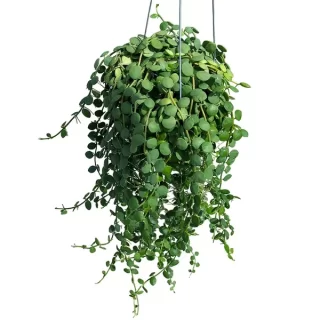
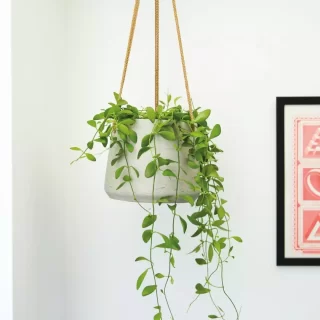
 If you need any assistance, I'm always here. Have you found what you were looking for?
If you need any assistance, I'm always here. Have you found what you were looking for?
Reviews
There are no reviews yet.